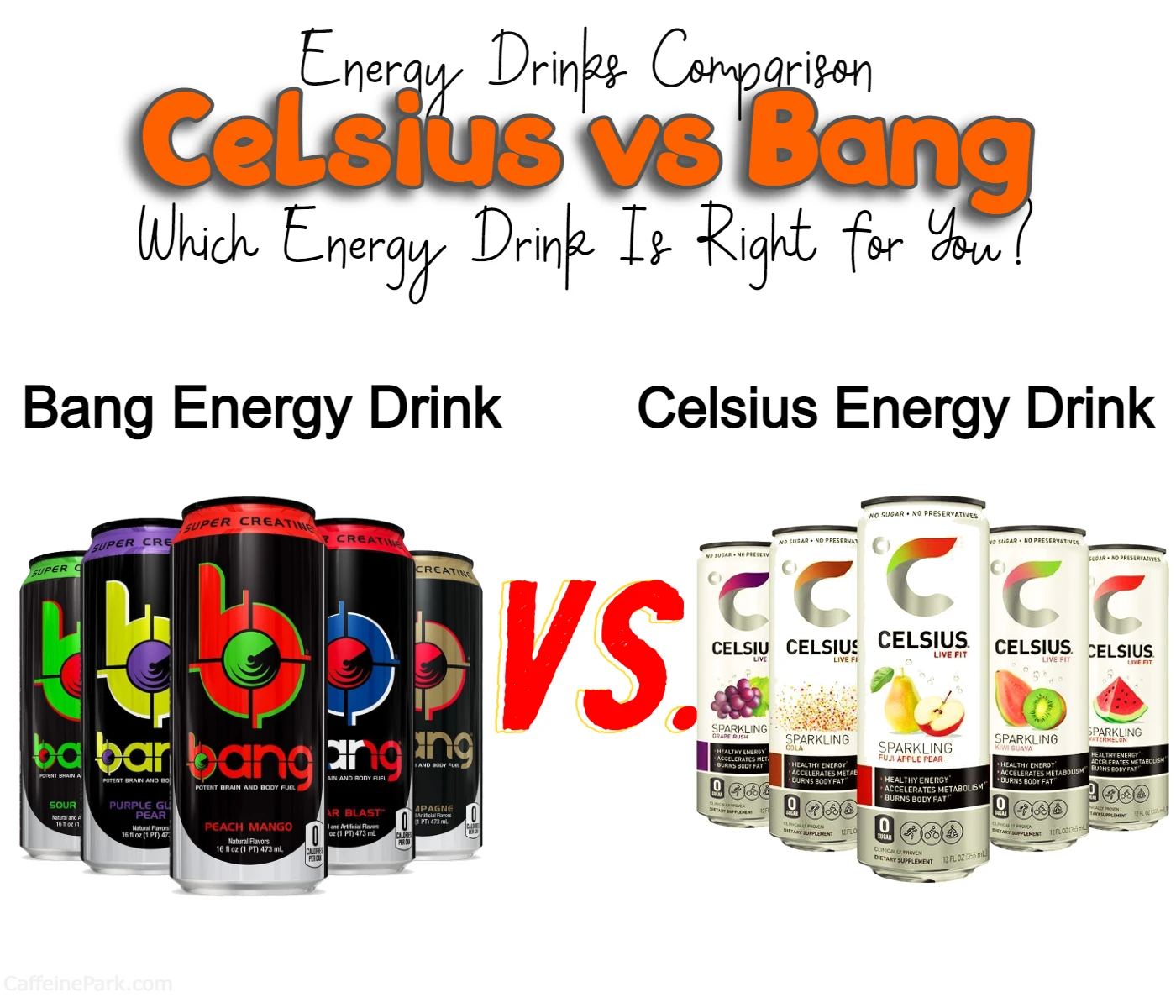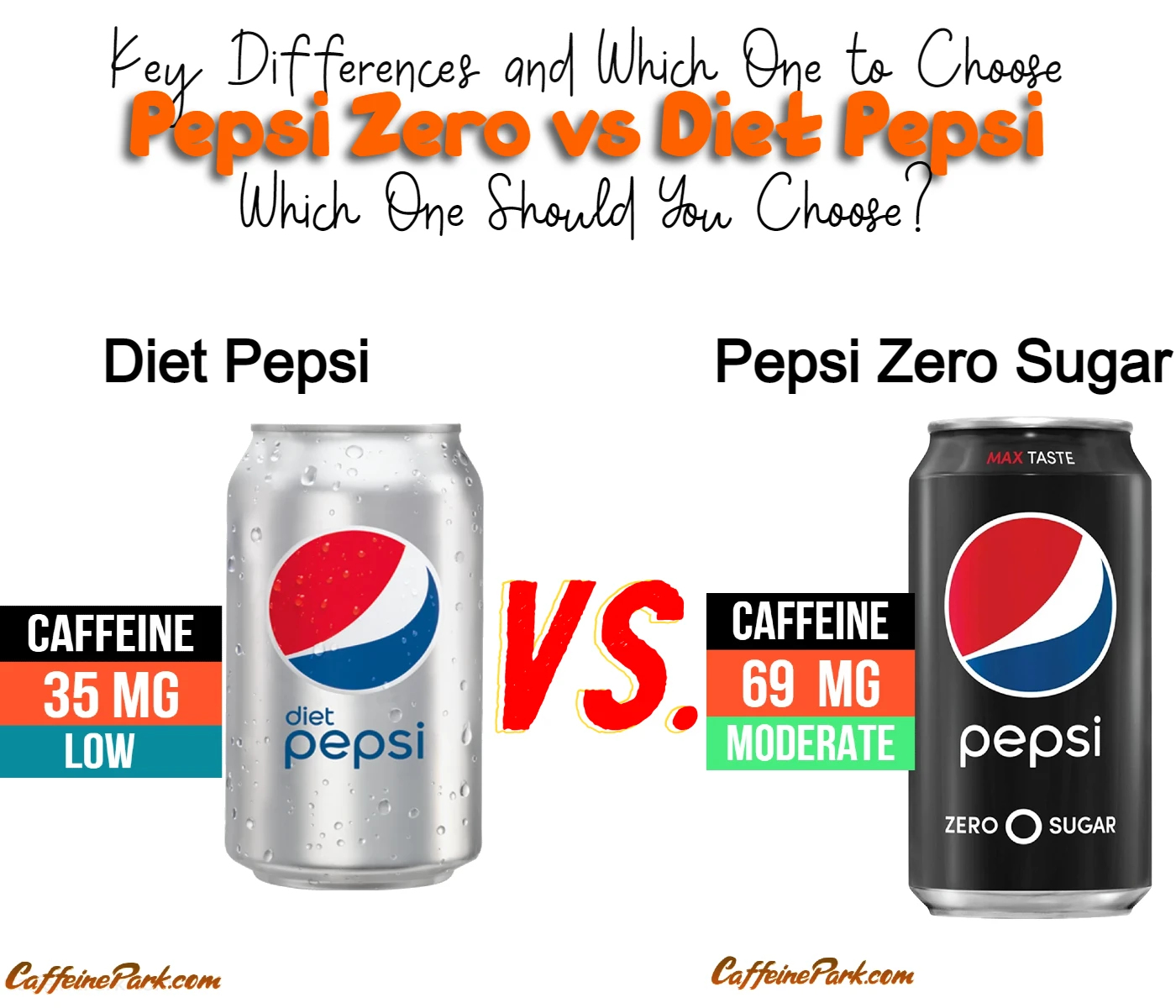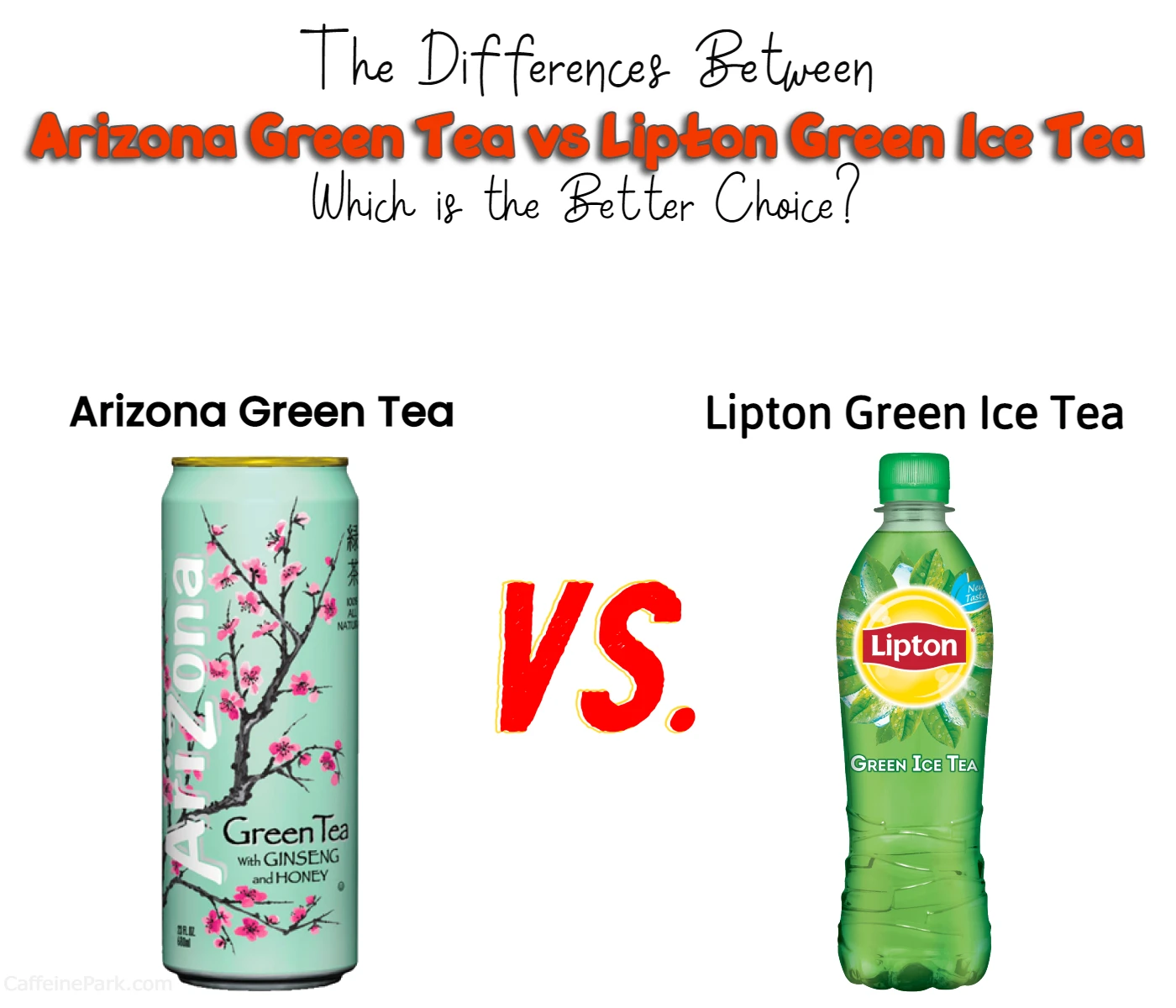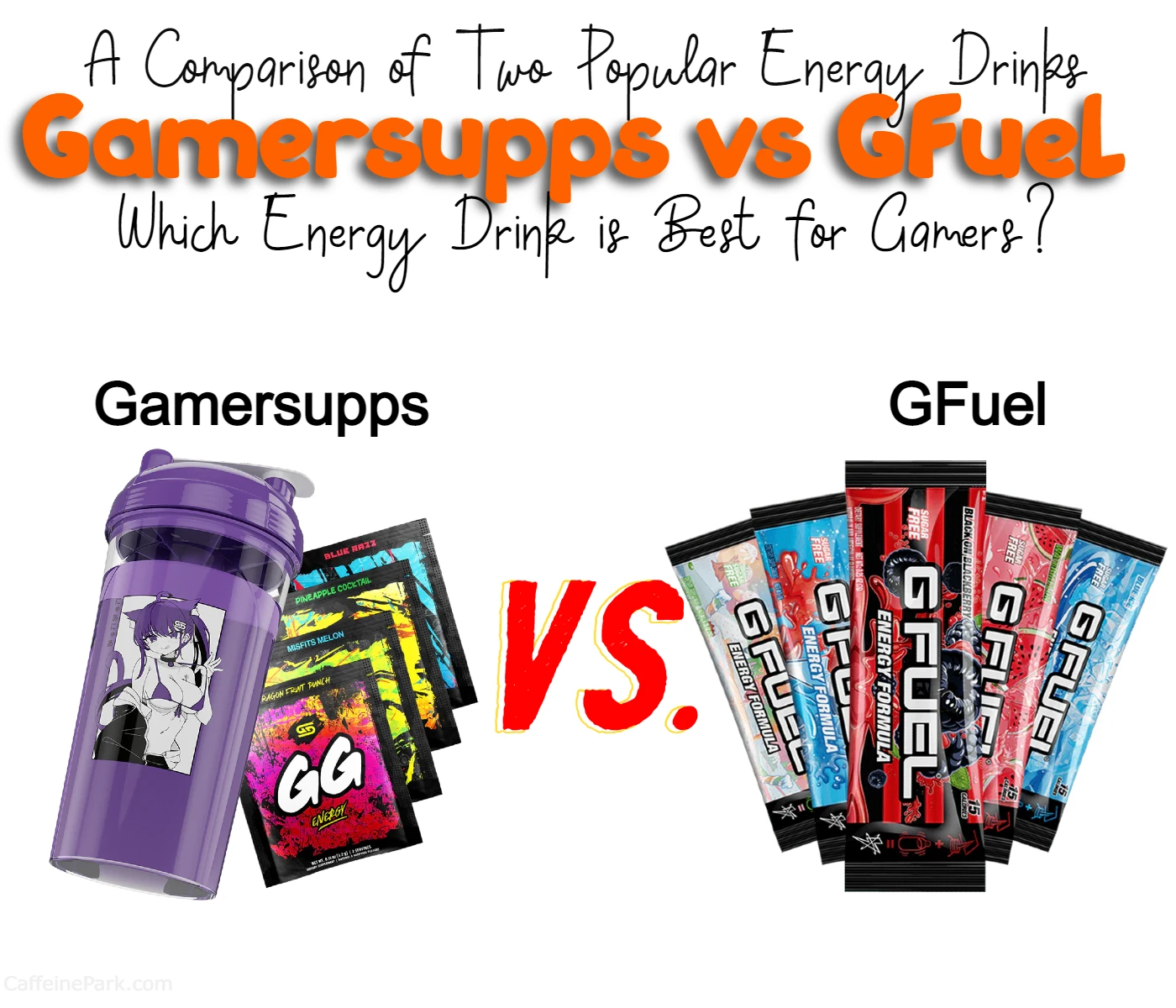Celsius Energy vs Bang Energy

Are you someone who needs a quick boost of energy to power through the day or your workout? If so, you might be considering energy drinks as an option. Two popular choices on the market are Celsius and Bang. However, with so many options out there, it can be hard to know which one is right for you.
In this blog post, we’ll explore the differences between Celsius and Bang energy drinks to help you make an informed decision. From the caffeine content to the ingredients, we’ll cover everything you need to know to choose the best energy drink for your needs. Whether you’re an athlete looking for an edge or just need a pick-me-up to get through the afternoon slump, we’ve got you covered.
So, whether you’re a Bang fan or a Celsius aficionado, read on to learn more about these two popular energy drinks. By the end of this blog, you’ll have all the information you need to make the best choice for your lifestyle and energy needs. Let’s dive in and find out which drink reigns supreme in the battle of Celsius vs Bang!
Here is a quick chart outlining the main differences between Celsius and Bang energy drinks:
| Feature | Celsius | Bang |
|---|---|---|
| Caffeine content | 200mg per 12 oz can | 300mg per 16 oz can |
| Ingredients | Green tea extract, ginger root, guarana seed extract | Creatine, amino acids, coenzyme Q10 |
| Flavors | Subtle, with flavors like grapefruit and cucumber lime | Fruity, with flavors like blue razz and cotton candy |
| Marketing | Suitable for a range of activities, including yoga and hiking | Often associated with extreme sports and activities |
| Potential side effects | Jitters, anxiety, difficulty sleeping, digestive issues | Jitters, anxiety, difficulty sleeping, digestive issues |
Keep in mind that individual experiences may vary, and it’s important to read the labels and consider your own personal needs and preferences before choosing an energy drink.
Differences between Celsius and Bang
Bang and Celsius are both energy drinks that are designed to give you a boost of energy when you need it most. They are marketed as performance-enhancing drinks that can help you power through your workouts, stay focused at work, or simply get through a long day.
Both drinks are packed with caffeine and other ingredients that are designed to give you a surge of energy. But beyond that, there are some key differences between the two drinks that are worth exploring.
Ingredients
One of the main differences between Bang and Celsius energy drinks is their ingredients. While both drinks are loaded with caffeine, they have different formulas that include additional ingredients to help you achieve your desired effect.
Bang Ingredients
Bang is known for its high caffeine content and a proprietary blend of amino acids, vitamins, and minerals. The caffeine in Bang comes from a combination of caffeine anhydrous and dicaffeine malate, which are designed to provide a longer-lasting and smoother energy boost than regular caffeine.
In addition to caffeine, Bang also contains:
- CoQ10: An antioxidant that helps to produce energy in cells and can help to reduce fatigue.
- BCAAs: Branched-chain amino acids, which are believed to help reduce muscle damage during exercise and improve exercise performance.
- Creatine: A molecule that is important for energy production in cells and can help to improve muscle strength and endurance.
Celsius Ingredients
Celsius, on the other hand, contains a different blend of ingredients that are designed to help boost metabolism and burn fat, as well as provide an energy boost. In addition to caffeine, Celsius contains:
- Green Tea Extract: A natural source of caffeine that can help to boost metabolism and burn fat.
- Guarana Seed Extract: Another natural source of caffeine that can help to increase energy and focus.
- Taurine: An amino acid that can help to improve exercise performance and reduce fatigue.
- Ginger Root Extract: A natural anti-inflammatory that can help to reduce inflammation and soreness after exercise.
Caffeine in Bang vs Celsius
When it comes to caffeine content, Bang and Celsius have different levels of caffeine in their products. Bang energy contains 300mg of caffeine per 16 oz can, while Celsius contain 200mg of caffeine per 12 oz can.
It’s worth noting that caffeine content can vary depending on the specific flavor and type of energy drink. Some Bang flavors may have a higher or lower caffeine content than others, and Celsius offers different types of energy drinks with varying levels of caffeine.
Flavors
Another key difference between Bang and Celsius energy drinks is their flavor options. While both drinks offer a variety of flavors, the options available are quite different.
Bang Flavors
Bang is known for its bold, fruity flavors, with options like Black Cherry Vanilla, Rainbow Unicorn, and Lemon Drop. These flavors are designed to be sweet and refreshing, making them a popular choice for those who want an energy drink that tastes good.
Celsius Flavors
Celsius, on the other hand, offers a wider variety of flavors that are designed to be more subtle and sophisticated. Options like Sparkling Orange, Peach Mango Green Tea, and Raspberry Acai are popular choices for those who want an energy drink that doesn’t taste too sweet.
Marketing
Finally, one of the biggest differences between Bang and Celsius energy drinks is their marketing. While both drinks are marketed as performance-enhancing drinks, they are marketed to different audiences.
Bang Marketing
Bang is marketed primarily to young adults who are looking for a quick burst of energy to power them through their workouts or long days. The brand is associated with extreme sports and fitness, and its advertising often features muscular athletes performing impressive feats of strength and agility.
Celsius Marketing
Celsius, on the other hand, is marketed to a more mature audience who are looking for a more holistic approach to health and wellness. The brand emphasizes the fact that its drinks are low in calories and contain a range of ingredients that can help to boost metabolism and
burn fat, making them a popular choice for those who are looking to lose weight or improve their overall health.
Celsius also promotes its drinks as being suitable for a wide range of activities, not just extreme sports and fitness. The brand is often associated with activities like yoga, hiking, and other low-impact exercises, making it a popular choice for those who are looking for a healthier, more balanced lifestyle.
Side Effects
While both Bang and Celsius energy drinks can provide a boost of energy when you need it most, they can also have some potential side effects that are worth considering.
Bang Side Effects
Because of its high caffeine content, Bang can cause some people to experience jitters, anxiety, and difficulty sleeping. In addition, some of the ingredients in Bang, like creatine, can cause stomach upset or other digestive issues.
Celsius Side Effects
Celsius, on the other hand, contains less caffeine than Bang, which can make it a better choice for those who are sensitive to caffeine. However, like Bang, Celsius can still cause some people to experience jitters or other side effects related to caffeine consumption.
Which one is better?
Ultimately, the choice between Bang and Celsius energy drinks comes down to your personal preferences and needs. If you’re looking for a high-caffeine energy drink that can help to improve your exercise performance, Bang may be the right choice for you. If you’re looking for a more holistic approach to health and wellness, Celsius may be a better fit.
Both drinks have their own unique advantages and disadvantages, and it’s important to carefully consider these factors before deciding which one is right for you. Some people may find that they prefer the taste of one brand over the other, while others may be more concerned about the potential side effects of each drink.
Whatever your choice, it’s important to consume energy drinks in moderation and to be aware of the potential risks and side effects. While energy drinks can be a useful tool for improving performance and getting through a long day, they should not be relied on as a long-term solution for fatigue or other health issues.
Conclusion
In summary, Bang and Celsius energy drinks are both popular options for those who are looking for a quick energy boost. While they have some similarities, like high caffeine content and a range of additional ingredients, they also have some key differences that set them apart from each other.
Ultimately, the choice between Bang and Celsius comes down to your personal preferences and needs. Consider the ingredients, flavors, marketing, and potential side effects of each drink before making your decision, and be sure to consume energy drinks in moderation to minimize the potential risks and side effects.
Alternative to Bang and Celsius
If you’re looking for an alternative to Bang and Celsius energy drinks, there are plenty of options to choose from. Here are a few popular choices:
- Monster Energy – Known for its bold flavors and high caffeine content, Monster Energy is a popular choice for those looking for a quick energy boost.
- Red Bull – One of the most well-known energy drinks on the market, Red Bull is often associated with extreme sports and activities.
- Rockstar Energy – With a variety of flavors and caffeine content ranging from 140mg to 240mg per can, Rockstar Energy is a versatile choice for those looking for an energy boost.
- 5-Hour Energy – This small shot-sized energy drink packs a punch with its high caffeine content and focus-boosting ingredients.
It’s important to remember that while energy drinks can provide a quick energy boost, they can also come with potential side effects like jitters, anxiety, and difficulty sleeping. Be sure to read labels carefully, and consider speaking with a healthcare provider before incorporating energy drinks into your routine.
FAQs
Bang has a higher caffeine content than Celsius. A 16 oz can of Bang typically contains 300mg of caffeine, while a 12 oz can of Celsius contains around 200mg of caffeine.
Read More:





